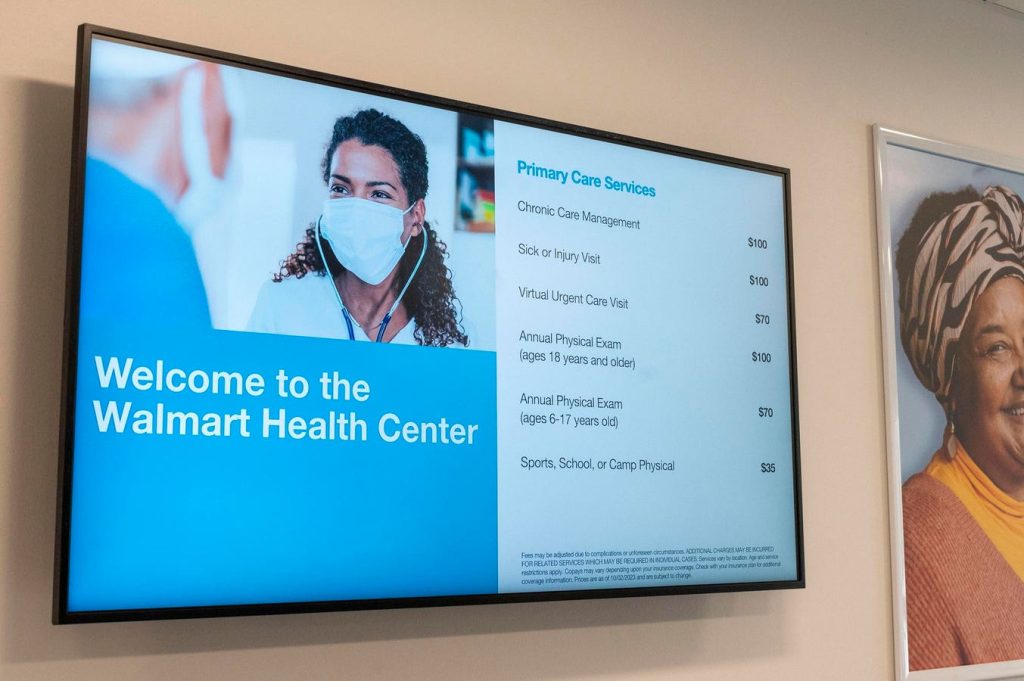Five years after its inception, Walmart Health has decided to close its doors for good. The company’s expansion into healthcare was an attempt to address the broken healthcare system by challenging traditional care delivery methods. Walmart Health aimed to provide basic healthcare services at affordable prices, posted transparent pricing on their website, and attached clinics to retail stores for easy access. Despite these efforts, Walmart Health faced challenges in reaching profitability due to a challenging reimbursement environment and escalating operating costs.
Walmart Health partnered with Optum in 2022 to bring data-analytics expertise to their operations. This collaboration transitioned Walmart Health into value-based care, focusing on connecting payment to outcomes rather than service volume. The company also expanded to multiple locations, focusing on holistic health and wellness by promoting healthy behavior and providing comprehensive care. However, despite its growth and commitment to a new healthcare model, Walmart Health ultimately faced insurmountable obstacles that led to its closure.
One significant hurdle for Walmart Health was the differences in culture and operating models between the healthcare division and the parent company. Walmart’s successful retail business model, based on product transactions and supply chain expertise, did not align with the relationship-based healthcare model requiring ongoing care and health outcome tracking. Additionally, the impact of the Covid-19 pandemic, industry-wide staffing shortages, rising labor costs, and continued cuts to primary care reimbursement further hindered Walmart Health’s sustainability.
While some may view Walmart’s healthcare expansion as a failed experiment or moonshot, the company invested millions of dollars and a decade of planning into the program. Despite its closure, Walmart’s commitment to disrupting healthcare remains evident through innovative contracting for specialty care services for employees. The lessons learned from Walmart Health’s closure may dissuade others from attempting similar disruption, but other companies like Amazon, CVS, and Walgreens continue to explore alternative healthcare delivery models.
The closing of Walmart Health highlights the challenges of healthcare innovation and the formidable obstacles faced by outsiders trying to change the system. The industry needs pioneers willing to challenge the current healthcare delivery system and find new solutions to address the nation’s healthcare crisis. Despite setbacks, reform is still coming, and efforts to improve healthcare delivery will continue from both traditional and alternative models. Walmart’s vision and efforts to provide a new healthcare model for an underserved market may not have succeeded, but the lessons learned will contribute to future innovation in the industry.













